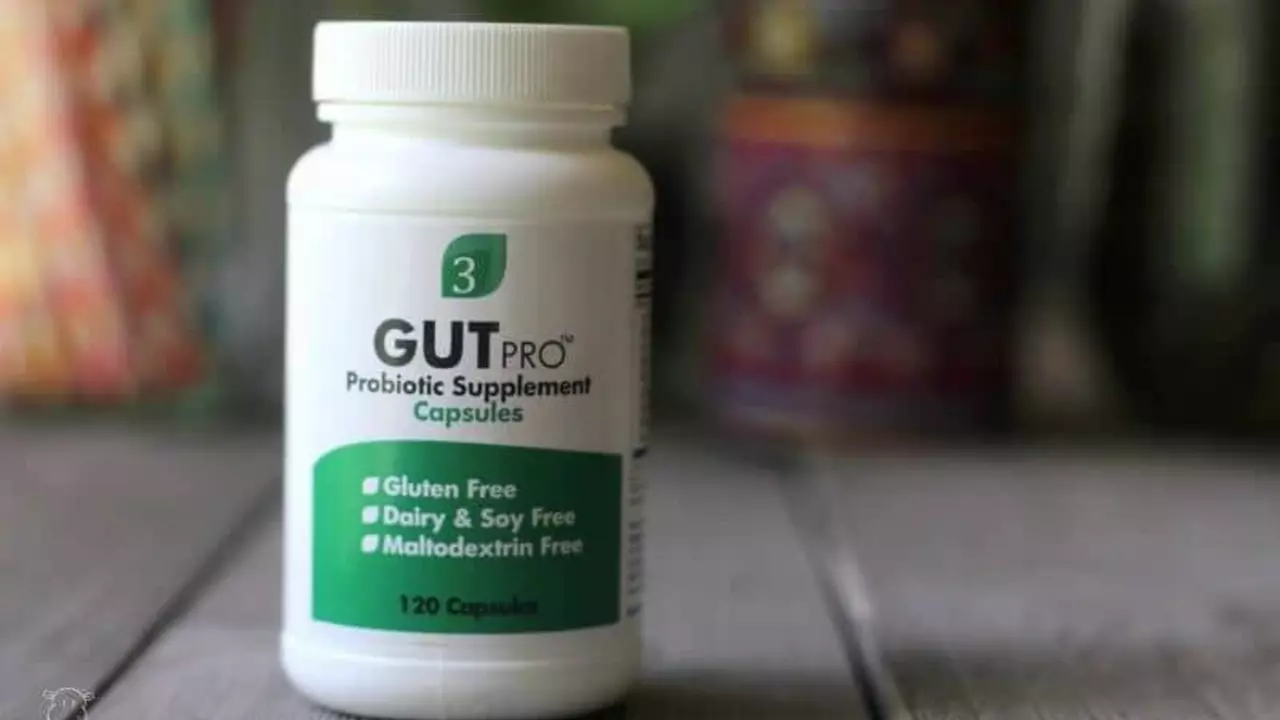Bifidobacteria Supplements: Choose the Right Probiotic for Your Gut
Want a simple way to help digestion and immune balance? Bifidobacteria supplements are one of the most studied probiotic groups for gut health. People use them for bloating, mild constipation, and after antibiotics. They can also support children and older adults where these bacteria drop off. Not every product is equal, so knowing what to pick matters.
How bifidobacteria help
Bifidobacteria live in the colon and make short-chain fatty acids that feed cells and lower inflammation. They crowd out bad bugs and help break down some carbs that can cause gas. Some strains improve stool consistency and bowel frequency. Others may help with immune signaling and reducing certain infections. Look for strain-specific evidence rather than generic claims.
Picking and using supplements
Choose a product that lists Bifidobacterium strains by name and shows colony forming units (CFU). A practical dose for many adults is 1 to 10 billion CFU daily, depending on the strain and condition. Higher counts are not always better; research often tests specific doses. Check for third-party testing and a clear expiry or use by date. Keep capsules or powders as directed - some need refrigeration.
Side effects are usually mild. You might get gas, bloating, or a loose stool for a few days as your gut adjusts. Stop the supplement if you get severe abdominal pain, high fever, or signs of infection, and call your doctor. People with weakened immune systems or certain medical devices should check with a clinician before starting any probiotic.
How to read labels: strain, CFU, expiry, and storage. If a product claims broad health fixes without named strains or studies, be skeptical. Many good brands publish clinical trials or links to data. For kids, use pediatric formulations and lower doses. For post-antibiotic recovery, start within a week after finishing the course unless advised otherwise.
Choosing brands: smaller companies can make good products but check reviews, certificates, and where manufacturing happens. Avoid vague labels like proprietary blend without strain details. If you need multi-strain formulas, pick ones with a clear purpose, for example constipation vs immune support. Price doesn't always equal quality; look for evidence and transparency.
Final tips: try one product at a time for four to eight weeks and track symptoms. Keep a simple diary: diet, bowel habits, and energy. If nothing helps, talk to a nutritionist or gastroenterologist about testing or prescription options like live biotherapeutic products. Also, fiber feeds bifidobacteria - add vegetables, legumes, or a prebiotic supplement if tolerated.
Quick strain guide: Bifidobacterium longum often eases gas and supports digestion. B. infantis is studied for infant colic and sensitive guts. B. bifidum may help with constipation and mucosal health. B. breve appears in many pediatric formulas. When you read a label, match the strain to the symptom and check clinical trials or manufacturer summaries. If you are pregnant, breastfeeding, or on immune-suppressing drugs, ask your healthcare provider before starting any probiotic. Record batch numbers and report adverse effects to the manufacturer and regulator.





